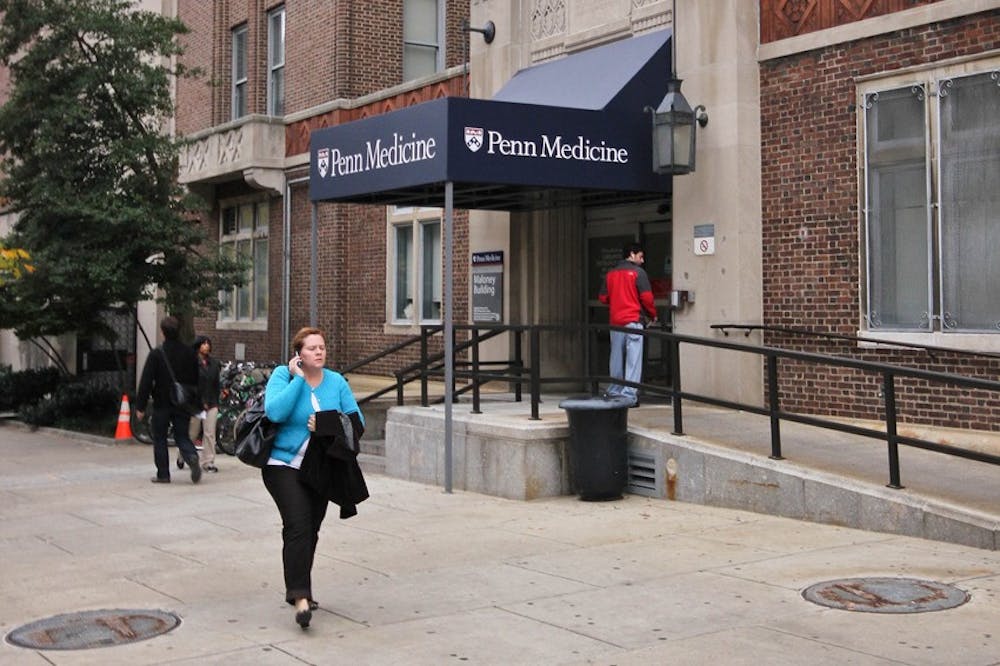
A new study conducted by the Perelman School of Medicine reveals urgent care centers receive more five-star Yelp reviews than emergency departments. The study, which was published on Nov. 1 in Annals of Emergency Medicine, also found that EDs receive more one-star reviews.
Roughly, 51 percent of the urgent care center reviews were five-stars, as opposed to the 27 percent of the ED reviews. Conversely, Market Watch reported about 30 percent of urgent care centers received one star reviews compared to 47 percent of EDs.
Researchers analyzed more than 100,000 Yelp reviews posted between 2005 and 2017. Specifically, the team reviewed 16,447 reviews from 1,566 EDs and 84,502 reviews from 5,601 urgent care centers. An automated system helped researchers identify the key reasons that make an experience range from five stars to one.
In five-star reviews of EDs, patients praised bedside care and treatment of their family. Urgent-care centers' five-star reviews were based on easy prescription refills and positive recommendations from others.
The study found that five-star reviews for both departments mentioned key words such as “comfort, professionalism, facilities, pediatric care, and staff interactions.” In one-star reviews, both facilities were criticized for aspects such as waiting, billing, and pain management.
Raina Merchant, director of both the Penn Medicine Center for Digital Health and Penn Social Media and Health Innovation Lab, stated in a Penn Medicine News article that online reviews are an effective means for understanding patient experience and providing better care. In 2017, Merchant said in a Daily Pennsylvanian article that traditional sources for patient feedback, such as ED surveys, often have low response rates and are too general to identify problems.
The Penn Social Media and Health Innovation Lab launched in July 2013 and was followed by the Center for Digital Health in 2017. This research is one of Penn’s many efforts to discover how online networks — and social media, specifically — can be utilized to improve health and the practice of medicine.
The Daily Pennsylvanian is an independent, student-run newspaper. Please consider making a donation to support the coverage that shapes the University. Your generosity ensures a future of strong journalism at Penn.
Donate






